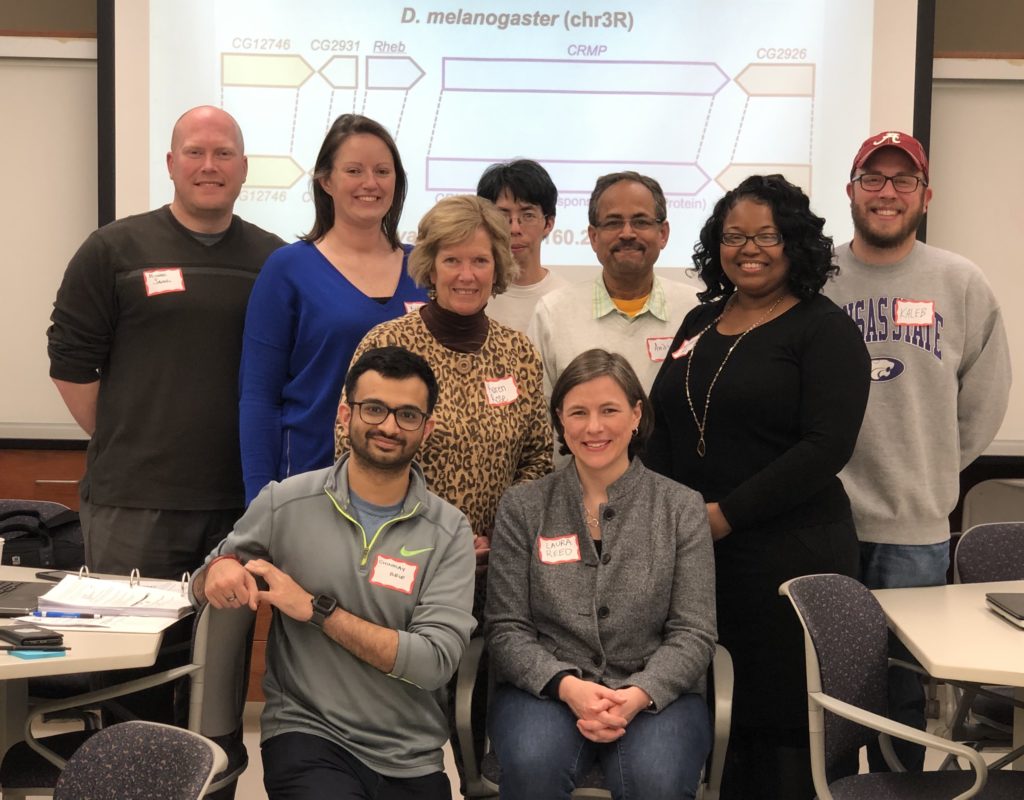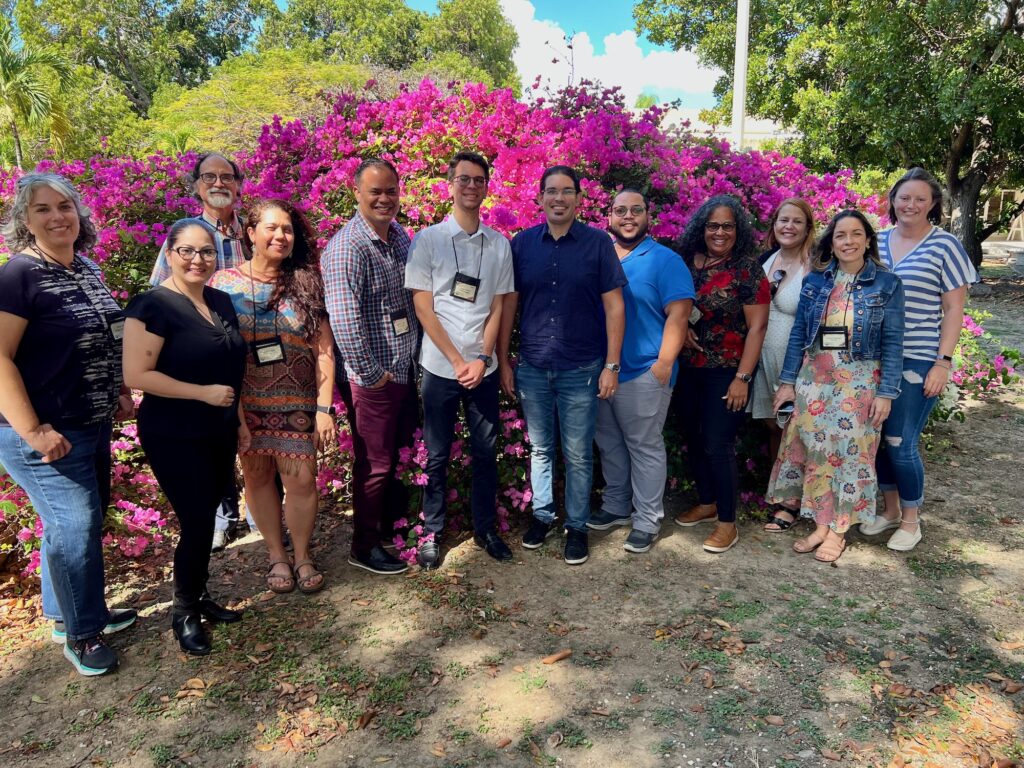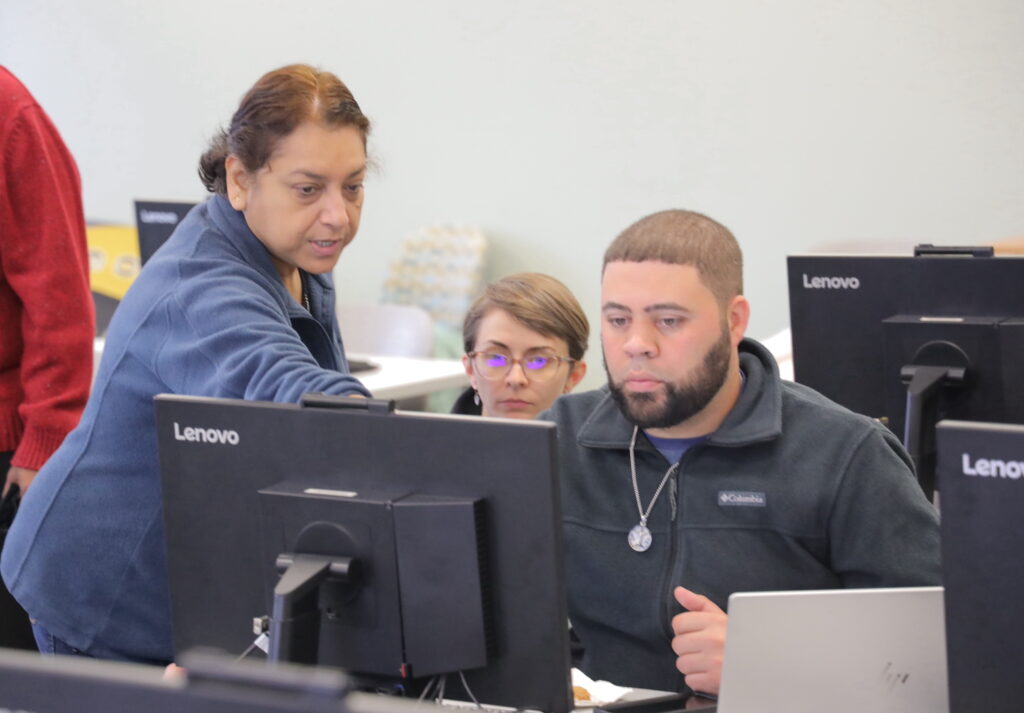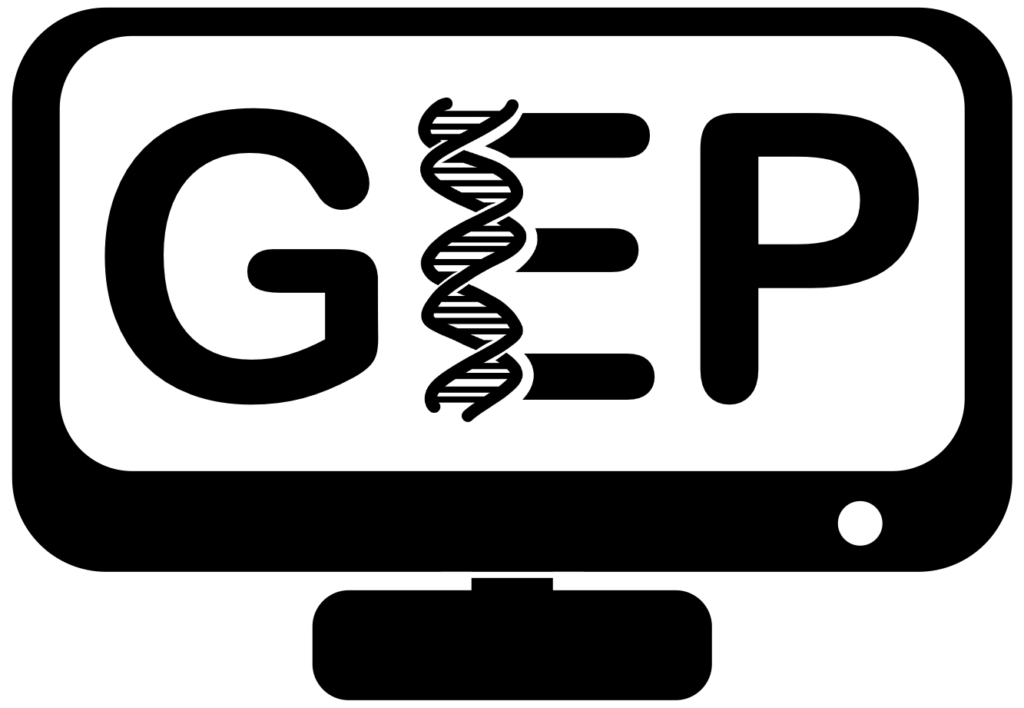About Us
The Genomics Education Partnership (GEP) is a nationwide collaboration of 200+ institutions that integrates active learning into the undergraduate curriculum through Course-based Undergraduate Research Experiences (CUREs) centered in bioinformatics and genomics.

Our Mission
The Genomics Education Partnership is a Community of Practice dedicated to facilitating equity in undergraduate biology education. GEP provides training, resources, and mentorship to empower faculty to provide their students experiential learning and CUREs centered in genomics and bioinformatics. GEP celebrates the diverse types of institutions represented by our faculty and is committed to recruiting and mentoring faculty at institutions especially well-poised to serve students from historically underrepresented groups in Science, Technology, Engineering, and Mathematics (STEM). Equitable access to research and the associated professional development opportunities can help build a more representative biomedical and genomics community — one that is fair and just.

Community Goals
- 1. Develop a hybrid (in-person & virtual) partnership with distributed leadership, improved communication tools, and new scientific partners to develop additional CUREs
- 2. Double the number of students & faculty in the GEP, focusing on enhancing Community College and Minority-Serving Institution (MSI) participation through Regional Node activities
- 3. Increase participation of underrepresented groups in the GEP, focusing on recruitment, mentoring, and support facilitated by a virtual network
- 4. Develop a platform for community annotation projects incorporating rapid open-access micropublication of gene reports

Funding & Support
The Genomics Education Partnership is supported by the National Science Foundation (Grant Nos. 1915544) and National Institute of General Medical Sciences of the National Institutes of Health (Award No: R25GM1305) and is hosted by the Department of Biological Sciences at The University of Alabama with continuing support from the Department of Biology at Washington University in St. Louis.
- Page Last Updated: June 24, 2024
